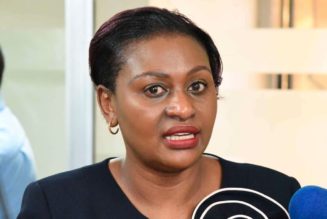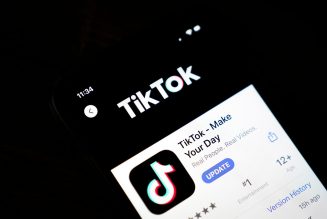Capital Markets
NCBA picks new rate for foreign currency loans
Monday May 01 2023
NCBA house in Upper Hill in Nairobi. FILE PHOTO | EVANS HABIL | NMG
NCBA has picked the secured overnight financing rate (SOFR) as the new reference rate for pricing foreign currency-denominated loans as it moves to replace the US six-month London Interbank Offered Rate (Libor) that is being phased out.
The lender says in its latest annual report that the transition to SOFR will happen on June 30, which is the global date that banks will be expected to drop the Libor that has been used for over four decades.
At the end of December 2021, all British pound, euro, Swiss franc and Japanese yen instruments, and the one-week and two-month US dollar instruments stopped using the rate.
Read: NCBA mobile loans surge to Sh729 billion
US dollar overnight, one, three, six and 12-month instruments will in the meantime expire at the end of June 2023. “The facilities bearing interest at rates referenced to six months Libor will transition to SOFR with cessation of Libor from June 30, 2023,” said NCBA.
Libor has been the primary benchmark interest rate at which major global banks lend to one another.
It is being phased out by June 30, after big banks were found to have manipulated the rate for years, causing distrust in the financial industry.
The SOFR is based on transactions in the US Treasury repurchase market and is seen as more reliable than Libor given that it is built on observable transactions rather than on estimated borrowing rates.
The Central Bank of Kenya (CBK) in December 2021 revealed that 27 local lenders had an exposure of Sh695.3 billion pegged to Libor and asked them to put in place an alternative reference rate to ensure “an orderly fashion” transition.
Banks have had the option of creating their own interest rate structures or adopting new emerging alternatives like the SOFR.
Other than the dollar-linked SOFR, other reference rates that have been developed to cater for different currencies include the Sterling Overnight Index Average, Euro Short-Term Rate and the Tokyo Overnight Average Rate.
Co-operative Bank of Kenya, for instance, said last year it developed an Internal Bank Base Rate for all foreign currency-denominated credit facilities.
The Nairobi Securities Exchange-listed lender added that it sent out specific letters giving notice of the change of Libor reference rate to the new base lending rate in August 2021.
Lenders typically use the benchmarks as a starting point in the pricing of loans, with a margin added and which is determined by a number of factors, including the tenor of the credit facility.
Some banks are still in the process of assessing which alternative benchmark rate to migrate to.
Read: Lenders start repricing foreign currency loans
The major transactions expected to be impacted by the Libor transition are borrowings in the form of senior debts as well as subordinated debt from development financial institutions.
Equity Group, for instance, closed last December with 11 Libor-linked loans amounting to Sh86.24 billion with maturities of between February 2023 and March 2026.









